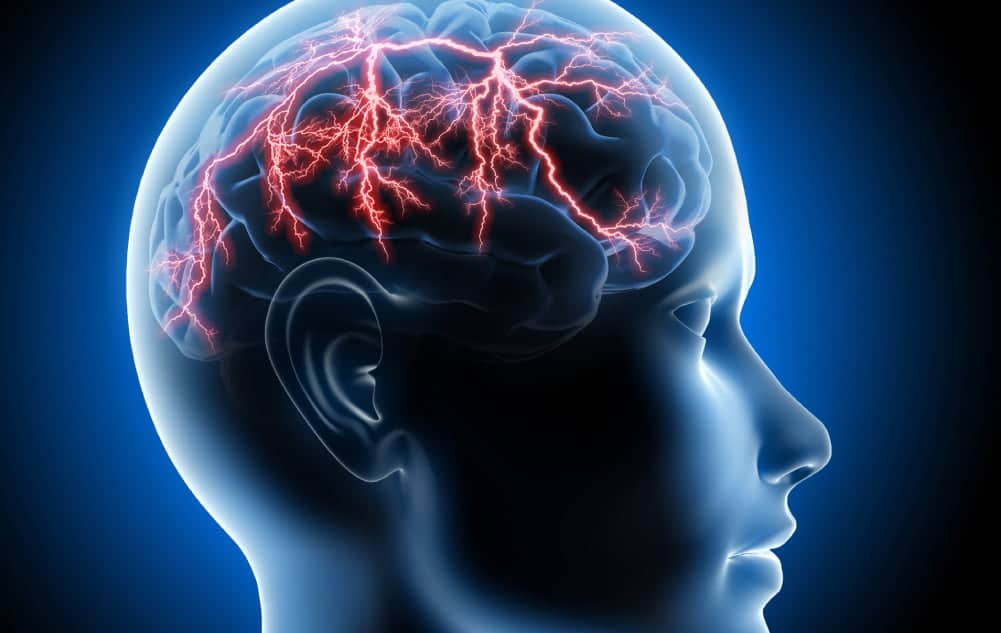Stroke: Awareness and Recovery Empowered

Stroke, a medical emergency, occurs when blood flow to the brain is disrupted, leading to potential long-term disabilities or even loss of life. In this blog, we will explore the vital aspects of stroke, including its causes, warning signs, prevention strategies, and steps to support recovery. By enhancing our understanding of stroke, we can raise awareness, promote prevention, and assist in the journey towards a healthier life.
What is a Stroke?
Recognizing the Warning Signs
Preventing Stroke
Post-Stroke Recovery and Rehabilitation
Life After Stroke: Adjusting and Thriving
Stroke is a critical health concern that requires heightened awareness, preventive measures, and comprehensive support systems. By understanding the causes, recognizing warning signs, promoting prevention strategies, and offering unwavering support during recovery, we can empower individuals affected by stroke to regain independence, improve their quality of life, and inspire others on their journey to recovery. Together, let us strive for a world where strokes are prevented, and survivors are supported every step of the way.


